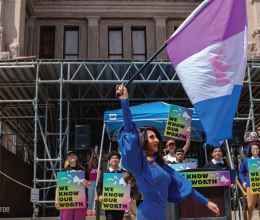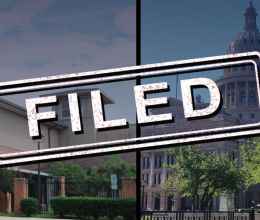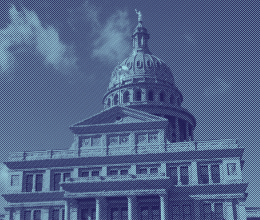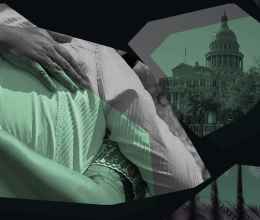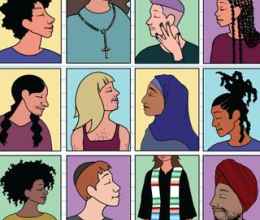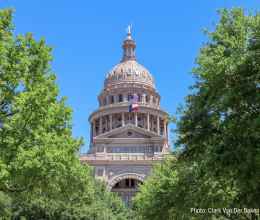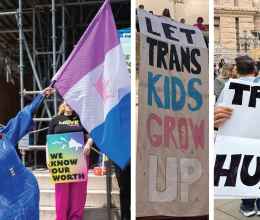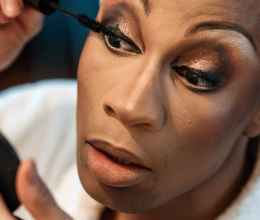
The ACLU of Texas spoke with Verniss McFarland (she/her), founder of The Mahogany Project, ahead of Black Trans Empowerment Week (November 15-21).
My roots in community advocacy come from the neighborhood I grew up in on the South Side of Houston.
Growing up, we were a tightly knit community. Neighbors checked in and supported one another. Even my teachers lived right there in the neighborhood. Finding resources for and organizing in support of the people around me came naturally; I was just doing what everyone else in my community did. I knew I wanted to weave this safe space into other areas of my life.
Twenty years of advocacy work later, I see how those seeds of community, planted right there in South Park, Houston, would grow and branch out across the state to connect with Black transgender and queer people.
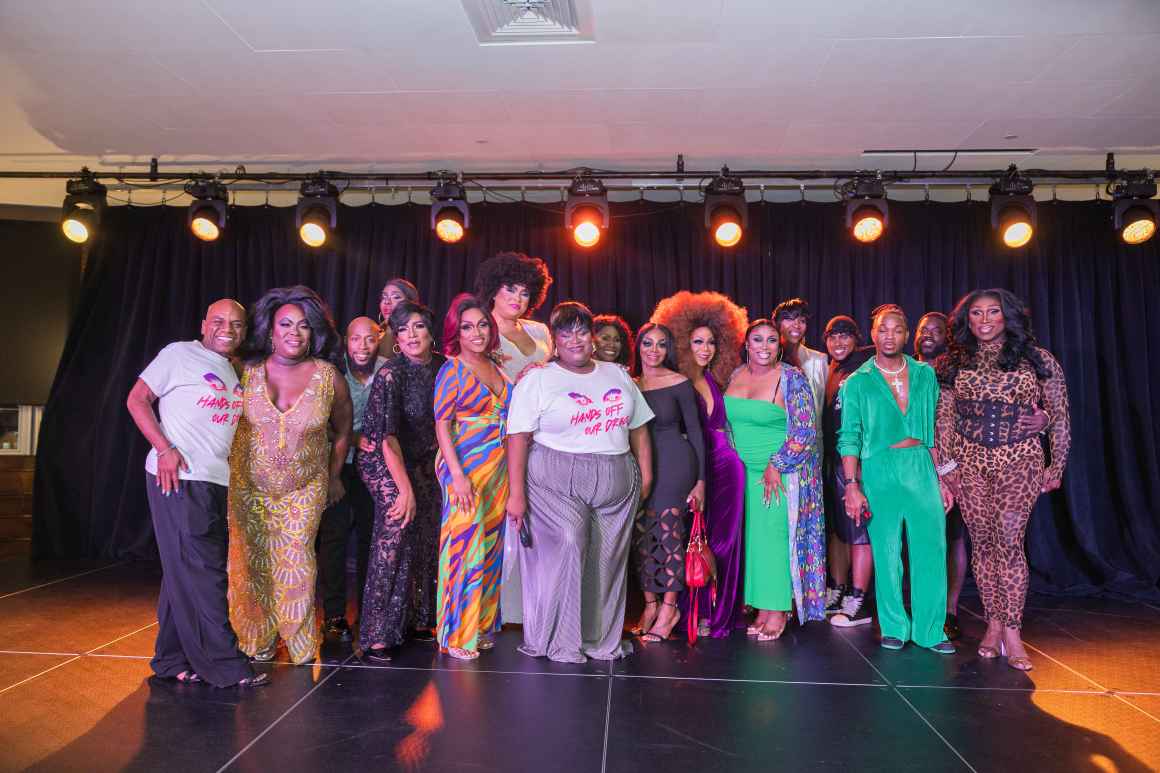
What is The Mahogany Project?
The Mahogany Project is the only Black trans-led organization with a drop-in space in the state of Texas. We work with and support the most marginalized people within our community: Black trans and queer people.
What does The Mahogany Project do?
We are a community. This can look like supporting others in finding safe spaces, accessing mental health resources, and connecting with health agencies — whether that is people living with HIV, people who are trans and queer, or people who are looking to acquire gender-affirming care services.
Our drop-in center in Houston is curated to be a place where people can come together authentically. We have daily snack options, a community closet, and computer labs.
We also support our community through events like Black Trans Empowerment Week, our International Day of Drag festival, and our Black Queer Book Fair. All of these events offer unique opportunities for us to genuinely connect in ways that we otherwise would not have been able to — or simply would not be available to us.
While we are a small organization, we are an organization making waves and looking to connect with Black, trans, and queer people — not just across Texas or Houston, but across the South as well. We want to build systems of support that really uplift trans, queer, drag, pageant, and ballroom communities — and really foster long-lasting relationships.
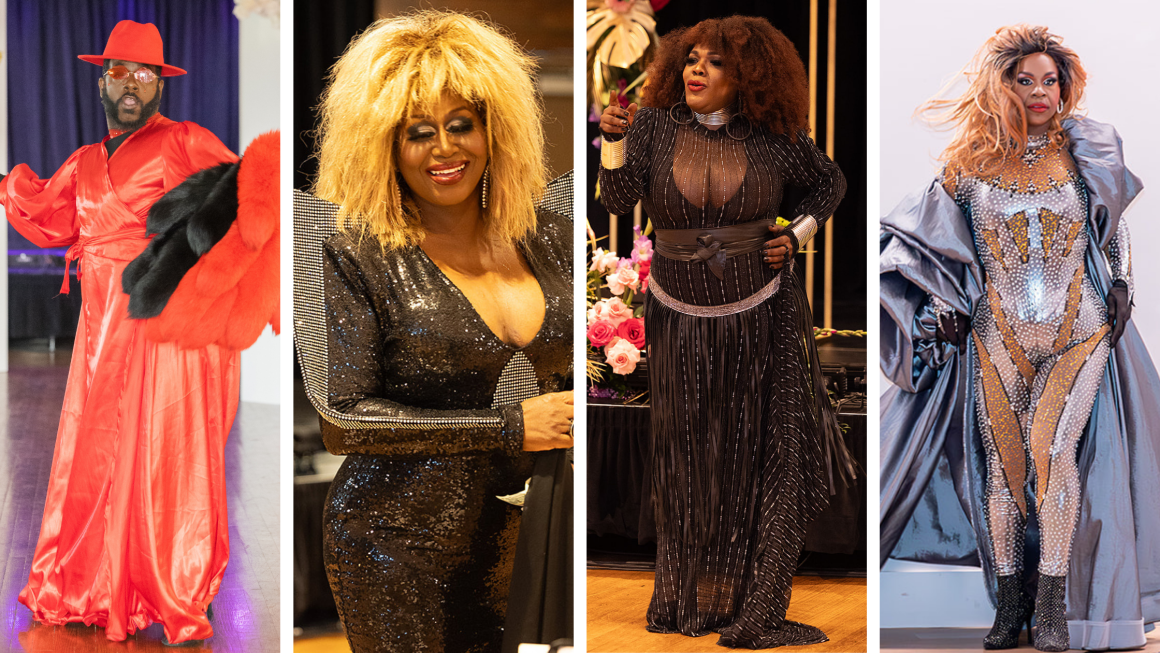
What motivated you to found The Mahogany Project and cultivate this community?
On February 25, 2017, a Black trans woman named Chyna Gibson was shot 10 times while celebrating Mardi Gras in New Orleans. She had been a beloved ballroom performer in Houston and was in the process of moving to a new city. She was the fifth reported murder of a trans woman of color that year.
I remember getting on Facebook and seeing a Live video that stated, “Chyna Doll is dead.”
In the video, you can hear someone asking law enforcement to cover up Chyna's body. This person wasn’t trying to impede the investigation. He was simply begging police to cover up her body while she bled out in the parking lot. And something about that stuck with me — the way someone could advocate for another person in the most vulnerable and final state we can be in, when we are unable to advocate for ourselves. To watch someone else find their autonomy to speak up for another, to say, “This is not right” — it cracked something open inside of me.
To watch someone else find their autonomy to speak up for another, to say, “This is not right” — it cracked something open inside of me.
It made me think about the impact we all have on one another. Chyna had been a dear friend of my cousin, and I had seen her out many times. While I didn’t know her personally, I became a firsthand witness to her legacy and the story it told of our whole community: one of access, of trans visibility, of recognizing how we see people all the time and don't always realize the impact that they have on our lives, our community, or queer culture. And how their visibility — whether it be in their life, or in their death, or both — is exponential to our whole existence.
What is Black Trans Empowerment Week?
While Black Trans Empowerment Week is an event that honors and celebrates everybody, it is especially a love letter to Black trans women and femmes.
It serves as a reminder that we are so much more than the ways that we die. That we as a people live full lives. That those lives, while they may differ from some other people's, are ours. Our lives are just as beautiful and worthy of being celebrated, honored, uplifted, and cared for in spaces of love and compassion.
My advice to people outside of Black trans communities would be to not let the word “Black” stop you from showing up. Black people show up to so many spaces that are inherently white. And there's no need to say that those spaces are white because culturally, they have been.
It's a prioritization of women — of people, — who've been culturally, systematically, and socially left behind, not cared for, and tokenized.
Black Trans Empowerment Week is something that everybody can participate in to find community and love regardless of gender identity, race or ethnicity, age, class — whatever it is that society would use to keep us separated.
Black Trans Empowerment Week was designed with community and love in mind.
Get the full list of events for Black Trans Empowerment Week
What is your message for trans Texans and trans youth who face attacks at federal, state, and local levels?
Queer and trans people are resilient beyond belief — not always because we want to be, but because sometimes we have to be. It is one of the most necessary tools that we carry in our arsenal, aside from community care. It's something that continues to catapult us as a people. Resilience continues to keep us alive.
Politicians at every level of government are passing hateful policies that seek to erase trans people and push us out of public life. But you know what?
They can’t erase all of us.
They can't erase those of us who continue to make sure that our voices are heard. They can't erase those of us who continue to find organizations to invest our time, our energy, and our efforts into.
People who continue to make themselves heard, people who continue to show up, people who continue to fight, day in and day out — the history books will remember those people. And even in the light of book bans and the whitewashing of history, we remember. Those who came and fought before us cannot be erased from us.
We will not go back into the shadows. We will not disconnect. We will not be erased.
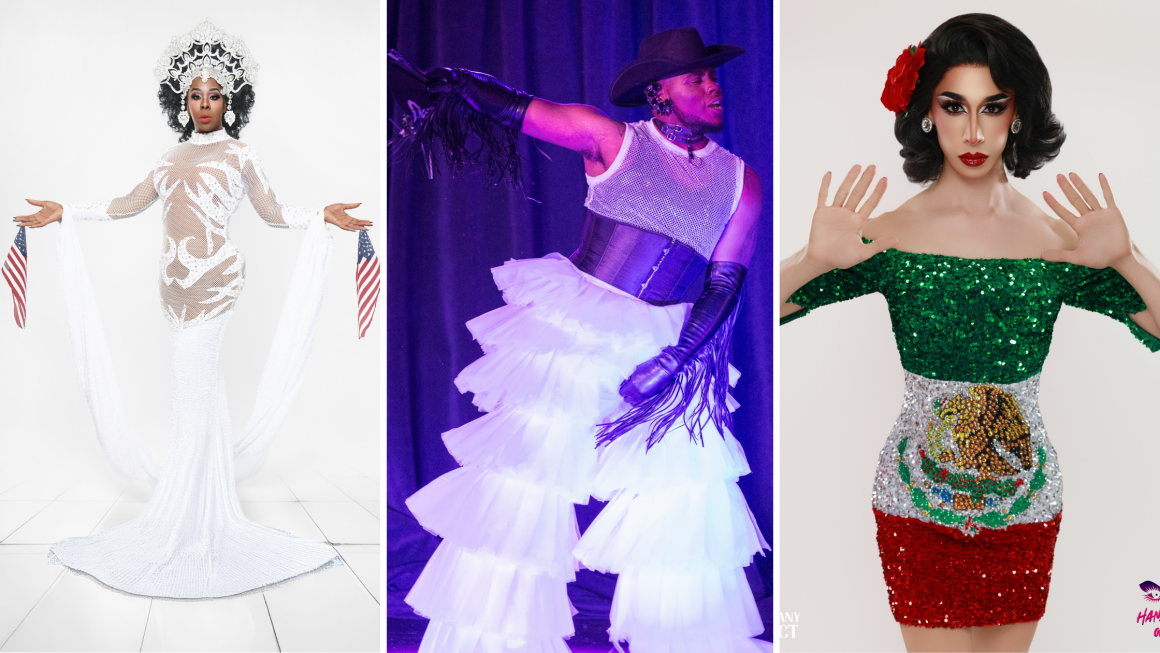
How can we all support trans Texans?
Each of us, regardless of race or ethnicity, can support trans Texans by making better electoral decisions. Putting people in positions of power who seek to promote hateful policy hurts all of us. Trans Texans of any age, people with disabilities, those struggling to make ends meet, elderly community members — and even people who never thought they’d be on the menu.
Texans can also keep showing up for one another — from showing up to spaces like Black Trans Empowerment Week to marches and rallies.
When it comes to supporting trans Texans of color, one of the ways that we can support one another is by funding organizations that particularly support Black trans Texans. Not every LGBTQIA+ organization really prioritizes trans people. Sometimes, the most beloved queer organizations don’t have direct-support programs for trans folks — and we need that. So, I will also add a layer to this and say: Hold your local LGBTQIA+ organizations accountable.
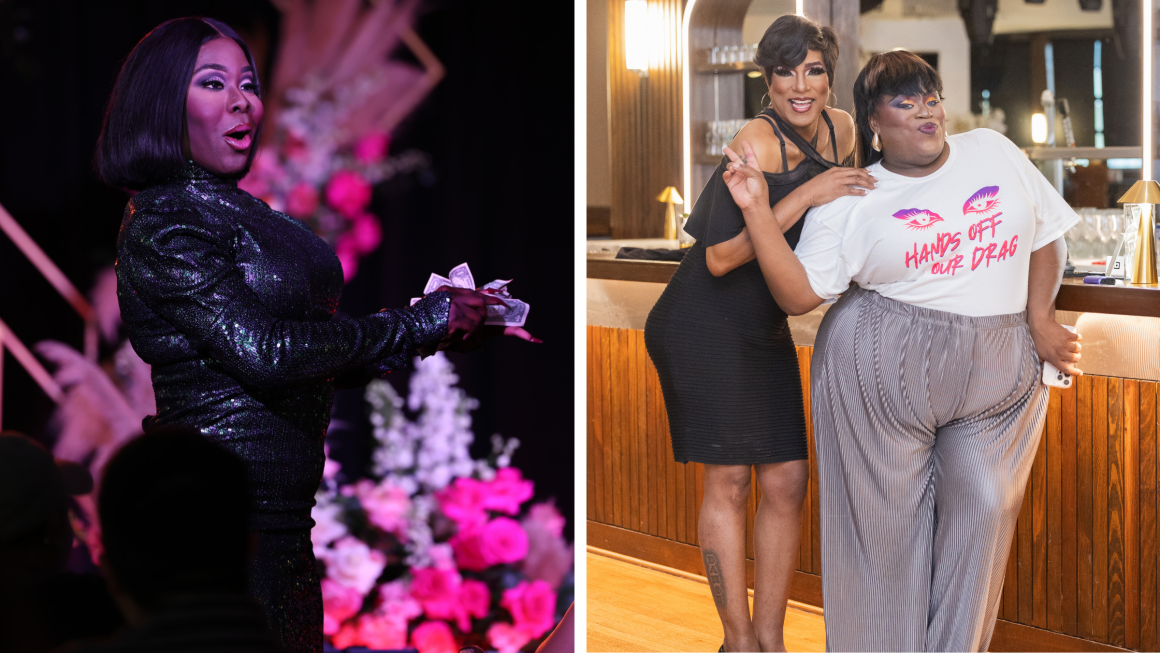
What is your vision for trans Texans?
My vision for trans Texans is that we are supported — through community, public policy, health care, education, employment, all of the things that we need to thrive.
Website: themahoganyproject.org
Social Media: Instagram and Facebook
Support The Mahogany Project’s Hands Off Our Drag (H.O.O.D.) campaign
Photos courtesty of The Mahogany Project
